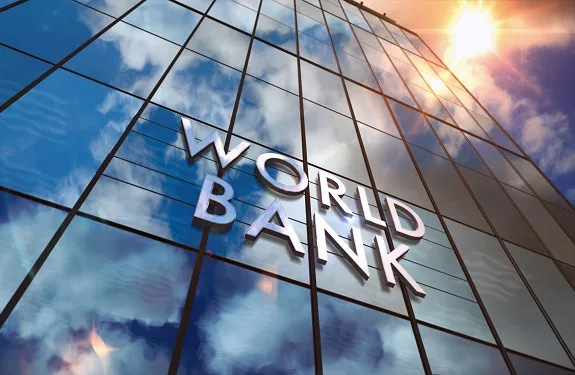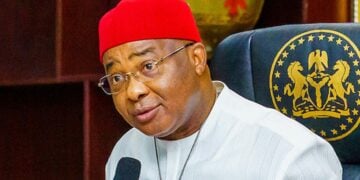Open Alliance, a coalition of civil society organisations (CSOs), has expressed concern over the plan of the federal government to borrow $800 million from the World Bank to distribute to poor Nigerians.
The CSOs stated that rather than borrow, social protection programmes like the National Social Safety Nets Programme should be funded from blocking leakages in government expenditures.
The CSOs, in a statement signed by Open Alliance national coordinator, Iyanuoluwa Bolarinwa, also said borrowing ought to be for capital projects rather than social protection programmes.
They pointed out that Section 41 of Nigeria’s Fiscal Responsibility Act mandates the government at all levels to only borrow for capital projects and human capital development.
“Furthermore,” they said, “Nigeria’s National Cash Transfer Programme was established to improve the consumption levels of poor households, reduce poverty, prevent vulnerable households from becoming poorer, increase school enrolment, and improve child nutrition.
“Nigeria’s situation has worsened across several development indicators despite the funds deployed. While 133 million Nigerians were adjudged to have been multi-dimensionally poor in 2022, Nigeria’s out-of-school children have risen to about 20 million. It’s important to note that in 2016, the government budgeted a sum of N500bn to be distributed to the vulnerable and poor under the Social Investment Programme. The results, as seen between 2018 and 2019, show the level of poverty rose from 39.1 per cent in 2018 to 40.1 per cent in 2019 and 63 per cent in 2022.”
According to the CSOs, seeing that Nigeria has begun to repay the principal and interest on the $500m loan acquired in 2017 and is on the verge of obtaining another $800 million for cash transfers, it is critical to evaluate the justification, appropriateness, and effectiveness of these sorts of multilateral loans and their implication for the fiscal sustainability of a country already neck-deep in debt.
They also queried the monitoring and evaluation framework in place for the cash transfer programme.
According to the group, the National Social Register, which warehouses the details of beneficiaries of the cash transfer programme, should be made public. This will aid accountability groups like Open Alliance to ensure that interventions like this get to the intended beneficiaries.
It went on: “Thirdly, considering the devaluation risk of such an endeavour, we are shocked that the federal government would take a foreign debt to distribute “palliatives” to Nigerians. Why would Nigeria borrow in foreign currency for consumption purposes? Didn’t we learn lessons from the foreign debt crisis settled in 2005, which provided significant ease to Nigeria’s macroeconomic environment?”
Open Alliance added that considering the magnitude of expenditure inefficiency and the amount of waste in the budget, social protection programme like the National Social Safety Nets Programme should rather be funded with savings from blocking revenue leakages, eliminating waste, and ending inefficient subsidies like the petrol subsidy.
“We admonish the World Bank to live up to its name of being the world’s bank by lending responsibly to already impoverished, fiscally challenged countries like Nigeria and involving citizens and other accountability actors in their decision-making process. Anything short of this will further impoverish Nigeria and provide the enabling environment for state capture.
“As a matter of urgency, the Open Alliance calls on the Nigerian government to review this action as it does not mean well for the citizens of Nigeria. The Open Alliance encourages the government to cut its appetite for borrowing, as 96% of Nigeria’s revenue is already used to service debts. The Open Alliance has clarified that the Nigerian government must shun borrowing for consumption and invest in enterprises that can repay the debts.”
LEADERSHIP recalls that the federal government earmarked N3.36 trillion for petroleum subsidy for the first six months of 2023, with a commitment to end the subsidy in June 2023. Furthermore, it stated that the savings resulting from the termination of the fuel subsidy would be utilized in providing palliatives to the most vulnerable Nigerians to cushion the effects of the subsidy removal. It then announced it was taking an $800 million loan from the World Band to cushion the subsidy removal on the poor.
We’ve got the edge. Get real-time reports, breaking scoops, and exclusive angles delivered straight to your phone. Don’t settle for stale news. Join LEADERSHIP NEWS on WhatsApp for 24/7 updates →
Join Our WhatsApp Channel










